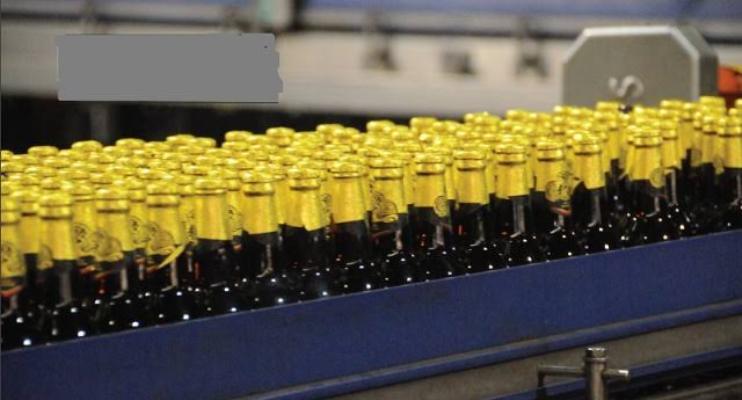Last week, the Ebola virus crossed from the Democratic Republic of Congo into Uganda. Since then, the virus has not only claimed two lives, but also brought trade along the border region to a virtual halt.
Businessman Penge Kiss has been importing fish for the last 15 years from Uganda to the Democratic Republic of Congo.
But for the last week, Kiss says he has had little choice but to stay in Uganda because of the Ebola outbreak along the border.
“Kinshasa, we don’t know Ebola. But when you get here at the border, wash hands, wash hands, wash hands,” Kiss said. “And when I got here, we’ve worked three days. In Congo, there’s no business. They say there’s Ebola, so we have to sit and wait and even all the banks are closed.”
Motorcycle taxi driver Farouk Ayub says Ebola makes him afraid to cross into Congo.
“Normally, Congolese are the ones we transport mostly. We get them from Congo and take them to Uganda.. But we are scared because of Ebola,” Ayub said. “So now we ask, we don’t know how you can help advise us, how can we protect ourselves against Ebola?”
Ugandan businessman Raphael Masereka says he and his colleagues are warning people not to shake hands with merchants from the DRC. Ebola is spread through contact with body fluids.
The Ugandan Red Cross is in charge of Ebola screening at all official entry points from the DRC.
But Red Cross branch manager Natukunda Primrose says the danger is from those who cross the porous border where there is no screening.
“So, you don’t know whether they’ve been in contact with the person who has Ebola. Who has maybe attended a cultural function, like burial,” Natukunda said. “Or maybe if, through that process of trading, if they’ve managed to touch someone, a victim of Ebola.”
Ugandan troops posted along the border have a mandate to check for illegal ammunition but are not prepared to face, let alone fight, Ebola.
Benjamin Sensasi is the World Health Organization’s health promotions and communications officer.
“They will be vaccinated, if, we get where they are. But the only challenge we have in that is the question of follow up, which we are trying to work on,” Sensasi said. “Because once you are given the vaccine, we need to follow you up for some time to ensure everything is working okay with you, you don’t have any problem.”
The traders along the Uganda-DRC border can only hope the measures are enough to stop Ebola’s spread so life can return to business as usual.
VOA





